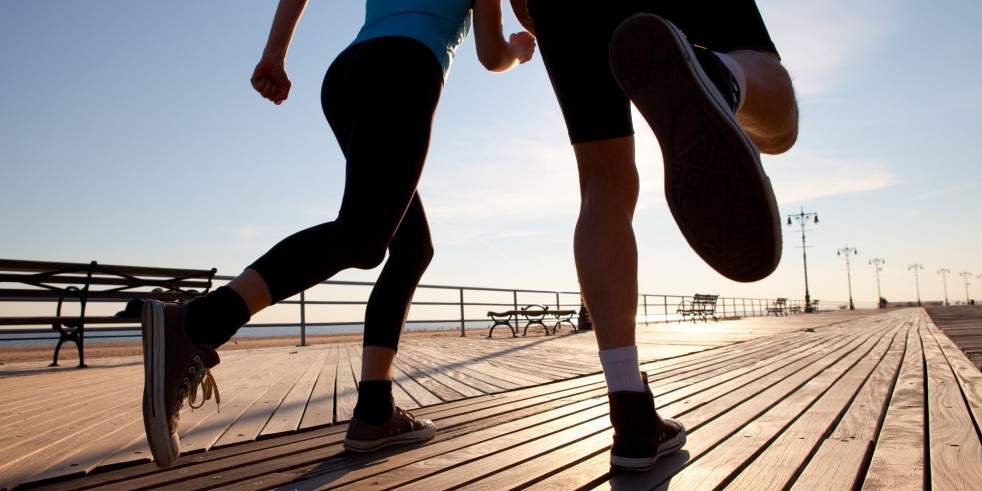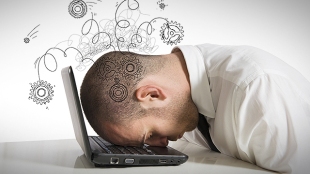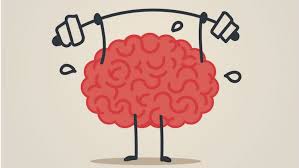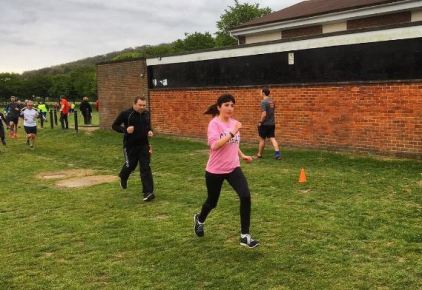Mental Health and Exercise

Personally exercise in my mental health journey has been a massive life saver for me! I have also heard from many others suffering with mental health difficulties that they have found exercise incredibly beneficial to helping them cope easier in everyday life but what are the facts behind this if any…
What impact does physical activity have on wellbeing?
Physical activity has been shown to have a positive impact on our mood. A study asked people to rate their mood immediately after periods of physical activity and periods of inactivity. Researchers found that the participants felt more content, more awake and calmer after being physically active compared to after periods of inactivity.
Exercise also seems to have an effect on certain chemicals in the brain, like dopamine and serotonin. Brain cells use these chemicals to communicate with each other, so they affect your mood and thinking.
Impact on Stress
When events occur that make us feel threatened or that upset our balance in some way, our body’s defences cut in and create a stress response, which may make us feel a variety of uncomfortable physical symptoms and make us behave differently, and we may also experience emotions more intensely.
Exercise seems to reduce harmful changes in the brain caused by stress. Research on employed adults has found that highly active individuals tend to have lower stress rates compared to individuals who are less active.
Impact on depression & anxiety
Physical activity can be an alternative treatment for depression. It can be used as a standalone treatment or in combination with medication and/or psychological therapy. It has few side effects and does not have the stigma that some people perceive to be attached to taking antidepressants or attending psychotherapy and counselling.
Physical activity can reduce levels of anxiety in people with mild symptoms and may also be helpful for treating clinical anxiety. Physical activity is available to all, has few costs attached, and is an empowering approach that can support self-management.
It can certainly be harder to get active when you are depressed. But being active lifts your mood and gives you a sense of being in control and in touch with other people.

Now all these facts make sense and in theory are great, but what if you are not naturally inclined to do or enjoy exercise? Well being active does not mean heading out for a marathon run or going to the gym. It can be much simpler than that and can be tailored to what you enjoy and what is suitable for you depending on your health and lifestyle.
- Firstly – any exercise is better than none.
- BUT a moderate level of exercise seems to work best.
- This is roughly equivalent to walking fast, but being able to talk to someone at the same time.
- You need to do about 30 minutes of moderate physical exercise on at least 5 days of every week. This can be done in one 30 minute session or broken up into shorter 10 or 15 minute sessions.
- This can not only lower the risk of heart disease, diabetes and cancer, but also seems to help depression – so you get a double benefit.
- Don’t start suddenly – build more physical activity into your life gradually, in small steps
You can make it fun too, maybe start a group sport like basketball or football, or join a running class making it social as well, even gardening or going on a nice walk can be good exercise. Going out for a dance or cycling, anything that gets you moving is a great place to start and then the more you do it the more you will see and feel the benefits and prioritise it into your lifestyle.

To read more on the benefits click here
Personal Experience
Exercise for me has been the biggest aid in recovery bar medication!
It gave me something to focus on, to let my adrenaline out, and has incredibly helped me tone down my intense and irrational emotions. If I’m angry it’s my go to, without it I can be prone to exploding at others or myself. If I’m sad it’s my go to, and though I cannot exercise all the time I make sure to keep a healthy outlook on it, so take many days off and though I eat healthily (which also MASSIVELY helps improve moods and mental health!) I eat often and never go hungry which is important for recovery.
The connection between body and mind has been something I have never overly focused on, thinking of it more as a ‘yoga term’. But the more I have paid attention to looking after and caring for my body, the more my mind has benefited from it. Actually it has benefited far more than I could imagine! It feels like an act of kindness to yourself which ripples through your body and into your mind, personally helping change my outlook on the world and myself.
Now motivated purely by the way it makes me feel and not the way it makes me look, it has left me feeling incredibly satisfied and happy in my body and therefore feeling more comfortable within my mind.
I feel so passionately towards this I’m actually taking a personal training course soon hoping to become a PT who can inspire others to take a different view and approach towards exercise, where your main aim and focus is on a happier, more content you. The side effects more so being a healthy and fitter body which you can rely on and feel more happy in.

SO WATCH THIS SPACE!!!!
